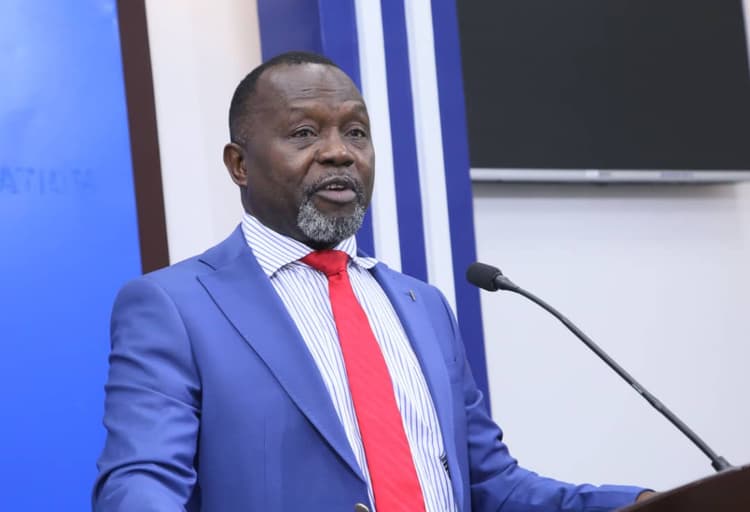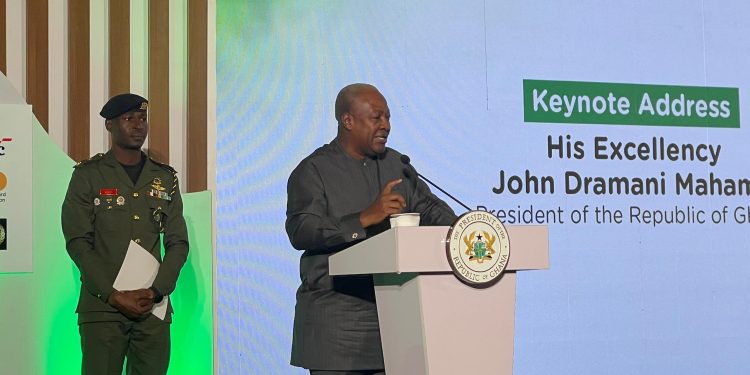Attorney-General, Dr. Dominic Ayine, has defended the decision to drop criminal charges against former Finance Minister Dr. Kwabena Duffuor and seven others, citing a negotiated settlement that promises the recovery of GH¢2 billion in assets and funds.
Speaking during a sectoral update in Accra on Monday, July 28, Dr. Ayine said the move to file a nolle prosequi—a formal withdrawal of prosecution—was based on “measurable progress” in asset recovery and concerns over prolonged litigation. The case, The Republic v. Kwabena Duffuor & 7 Others (CR/0248/2020), was among a string of prosecutions arising from the financial sector clean-up initiated in 2018.
“The accused parties submitted a structured settlement offer to repay GH¢2 billion out of their revised GH¢3.3 billion obligations,” Ayine said, referencing a May 7 proposal.
Under the terms, GH¢800 million in assets would be transferred directly to UniBank, which remains under receivership. The remaining GH¢1.2 billion is expected from recoveries linked to third-party beneficiaries—entities that received funds under the direction of the accused.
So far, government officials say GH¢844 million in property has been handed over, and GH¢500 million retrieved from third parties. An additional GH¢700 million is anticipated within the next 18 months.
Key Considerations Behind Case Withdrawal
Dr. Ayine outlined several factors influencing the Attorney-General’s decision:
- Fictitious Entries Prior to Receivership: UniBank’s receiver reported that its books were artificially inflated by GH¢2.1 billion through questionable accounting practices before the bank was placed under administration.
- Pending Civil Litigation: A separate GH¢300 million claim filed in 2019 is still working its way through the insolvency process.
- Prolonged and Complex Proceedings: The six-year-old legal battle had shown limited progress, with asset tracing proving especially difficult.
- Risk of Diminishing Returns: Officials warned that continued litigation could ultimately result in lower recoveries and undercut the broader goals of the financial sector reform agenda.
The government had earlier set a 60% recovery benchmark as a trigger for considering alternatives to prosecution. With asset transfers and partial recoveries surpassing this threshold, Ayine said the decision was legally and economically justified.
“It is important to understand that being charged with financial loss does not always mean the accused personally benefited from the lost funds,” he said.
The Duffuor case had become one of the most high-profile legal tests of the government’s financial cleanup program, which sought to restore trust in Ghana’s banking sector following widespread insolvencies. The structured recovery arrangement marks a shift in the state’s approach—prioritizing restitution over extended courtroom battles.













